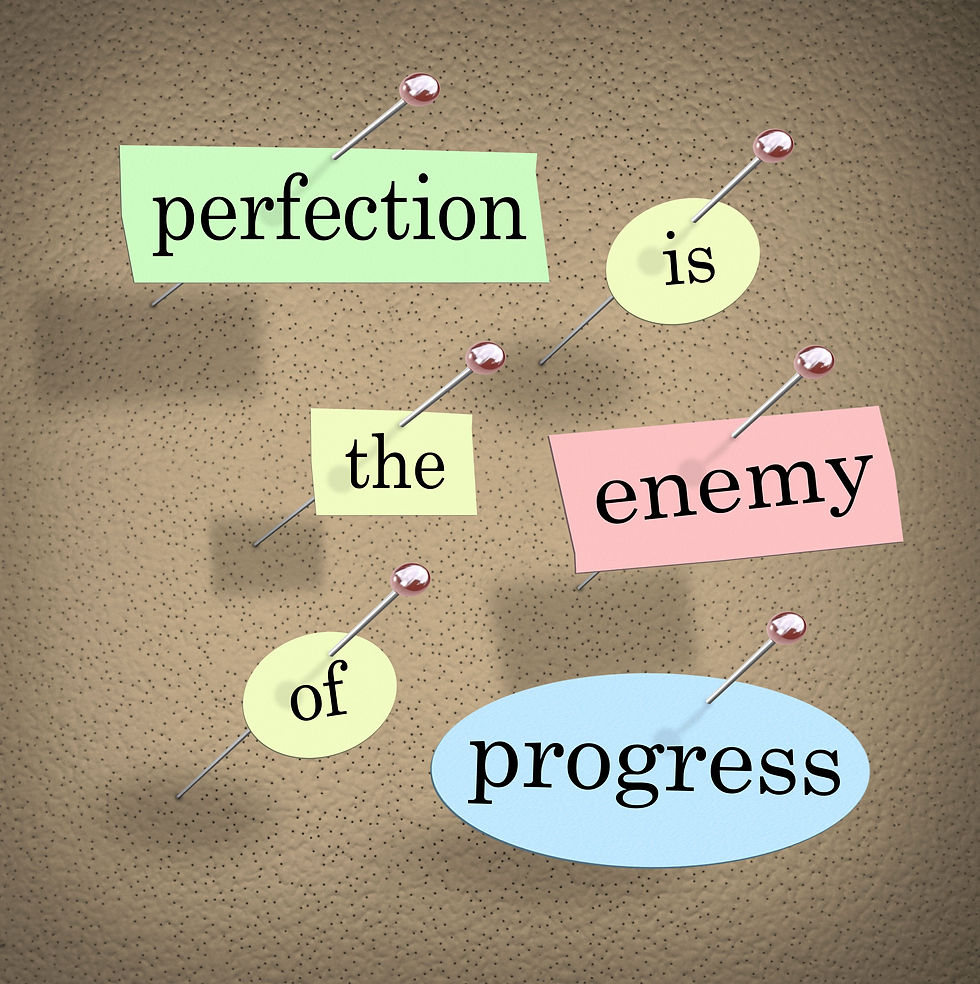Review: The Fault in Our Stars by John Green
- Katie Jerath

- May 12, 2014
- 4 min read

It took me forever to finish The Fault in Our Stars, not because I was so overwrought with emotion, but because I was, frankly, a little bored, which really disappoints me. After having this book on my shelf for more than 2 years, avoiding it because I wasn't ready to cry, after hearing almost every single one of my bookish friends rave about it's beauty and meaningfulness... it flopped.
While there were bits and pieces I liked about the characters, dialogue, and plot, none of them blended together in that deliciously harmonious way that makes a book truly memorable in my mind. So, what went wrong, then? Let's start with the dialogue.
What made me most excited to read The Fault in Our Stars at the beginning were all the lovely quotes readers were posting on GoodReads, Pinterest, Facebook, and well, everywhere. Quotes like, “You don't get to choose if you get hurt in this world, old man, but you do have some say in who hurts you. I like my choices. I hope she likes hers,” and "The marks humans leave are too often scars." These quotes I read for months following the release of The Fault in Our Stars lead me to believe that, like Peter Beagle and Gayle Foreman, whose books are filled with "quoteables" that I love but that are also really superb overall, John Green would have written a truly life-changing book that would become my new favorite. Alas, that is not the case.
Hazel and Augustus are cancer-ridden teens, and because of this fact, I was willing to give them a little leeway to wax philosophical about life and its meaning. A little leeway. Instead, the book is filled of senseless metaphors, stitled monologues, and unrealistic dialogue from the characters who use an expansive vocabulary better suited to, well, no real teen I know. For example, when Augustus takes Hazel to Amsterdam and goes through the whole spiel (which you've probably read ad nauseum by now) about how love is a shout into the void and the sun will swallow the earth and he's in love with her anyway, I just couldn't believe it. His monologue felt rehearsed and overly-wrought. Perhaps I am a bit more jaded now than I was at 17, but it wasn't romantic or natural at all. Almost all of their conversations felt like they were trying to sound deep and intelligent, and for me, they just fell short of the mark.
Moving on to the romance between Augustus and Hazel, that too, was unbelievable. I could understand why they might like each other, but other than the fact that they both have cancer and that they bonded over a book and a video game, I couldn't see what else was there to prompt Hazel to declare Augustus to be the "great love of her life." Gus likes to "not smoke" cigarettes and play video games. Hazel likes to hate Support Group and obsess over her favorite book and its open-ended closing. They both like to try and one-up each other with desperately witty metaphors and exhaustive monologues. We literally learn nothing else about either character throughout the book, and because most of their encounters with each other are based only around the aforementioned interests, my only resounding thought while reading was - What is there to love? Frankly, I found Augustus to be pretentious and too bright to sparkle, and I found Hazel Grace to be pretentious and unbearably dull.
The secondary characters were just as pretentious and dull. I felt Isaac's character had more potential, but when I realized that he spoke with the same stitled, SAT-vocabulary dialogue as Augustus and Hazel, I stopped investing in him, too. Hazel's supposed closest girlfriend, Kaitlyn, and even her parents, seemed to be more of a convenience mechanism whose actions spurred along the story of Augustus and Hazel, instead of actually being part of the story itself.
Then we arrive at the "Big C:" the Cancer. I've read reviews that praise John Green for not romanticizing cancer and for showing it as it really is, puke, infections, needles and all. However, he does romanticize it. The characters fall in love after meeting at a cancer support group, take a completely unrealistic journey to Amsterdam where they lose their virginity to each other, and then Hazel heroically supports Augustus through his second and final bout with cancer before he dies. (And we really don't get much of a glimpse of the nastier side of cancer until the last couple chapters of the book.) Oh, and then she writes a eulogy where she declares him to be the "great love of her life," but doesn't really say much more of value than that. Cancer is a deeply moving, serious, sad, angry subject, and yet, I feel like John Green used it more as a plot device to wrangle the emotions of his readers rather than to really portray any depth or meaning.
In the end, what is boils down to, is that the characters of Hazel Grace Lancaster and Augustus Waters were not independent of their author, the plot was too carefully constructed and manipulative, there was more "tell" than "show," and a disservice was done to real people dealing with or who have died from cancer.
After saying all that, I still gave the book 2 stars, mostly because there were a few moments where I did smile and feel sadness while reading, and because there were a few valuable insights. I don't believe I'll read any other books by John Green, but I'm glad I gave this one a chance.







Comments